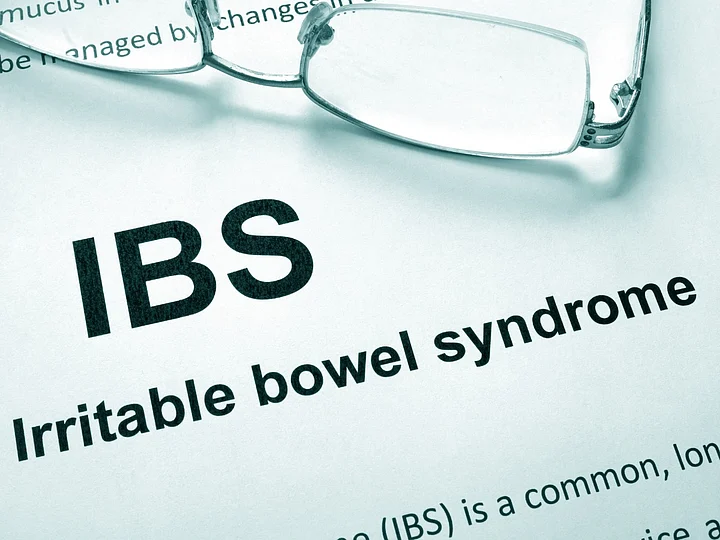The common and chronic gastrointestinal (GI) disorder IBS (irritable bowel syndrome) causes abdominal discomfort, gas, and changes in bowel movements, including diarrhea, constipation, and both. It affects about 12% of people in the United States, with twice the number of females experiencing IBS compared to males.
People younger than 50 years of age are more likely to develop IBS, but it can still affect people of all ages. IBS is not a serious condition, but it can significantly impact daily life due to the severe abdominal pain and bloating it can cause. IBS can lead to constipation, diarrhea, and changes in bowel movements.
While the cause of IBS is largely unknown, it is thought to be related to problems with how the brain and gut communicate. IBS is a common disorder that can significantly impact daily life.
How To Manage IBS?
Irritable stomachs can be a daily burden that can significantly impact daily life. Many foods and drinks can trigger IBS constipation, so it's important to be on a diet that can help manage this condition. Certain foods and drinks can cause IBS constipation to worse, including processed foods, dairy products, certain fruits, vegetables, fried foods, and wheat-based products. Foods that can cause IBS diarrhea include dairy products (especially cheese), alcohol, caffeine, and foods with too much insoluble fiber.
For people with diarrhoea, a lower fibre diet can help to prevent the formation of stool. On the other hand, a higher fibre intake can help to cure constipation. It is important to note that fibre supplements are not a substitute for dietary changes.
For people with dry mouth, diarrhoea, or constipation, increasing fluid intake can help to improve symptoms. Generally, people are encouraged to drink at least 8 cups or glasses (1.5 to 2 litres) of fluid per day.
People with IBS should try to reduce their caffeine intake or eliminate it completely. Avoid caffeine drinks, such as tea, coffee, energy drinks, and cola.
People with IBS should limit alcohol intake to 14 units per week. Alcohol can make IBS symptoms worse.
High-fat foods can aggravate IBS symptoms, especially diarrhoea. These foods include fried foods, fast food, pastries, crisps, cakes, and toppings.
Processed or reheated foods can aggravate wind, bloating, and diarrhoea symptoms. These foods include ready meals, potato and pasta salads, oven chips, and part-baked breads. To limit these, people are encouraged to make their own meals using fresh foods wherever possible.
(Disclaimer: Parts of this article were generated by AI and published after the content was editorially modified and verified by a human based on their own judgement and expertise. The Quint does not publish AI-generated content without direct human involvement and oversight).

